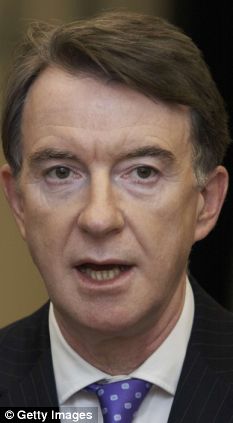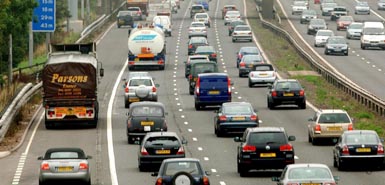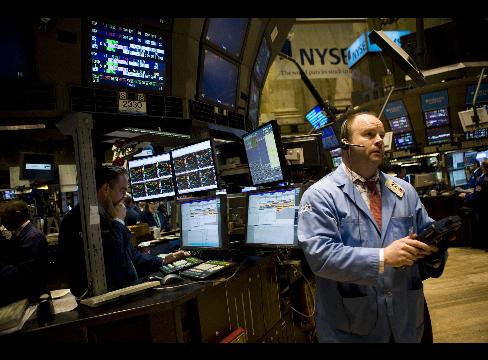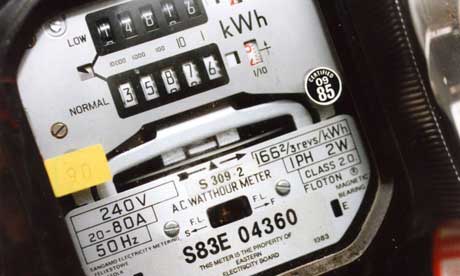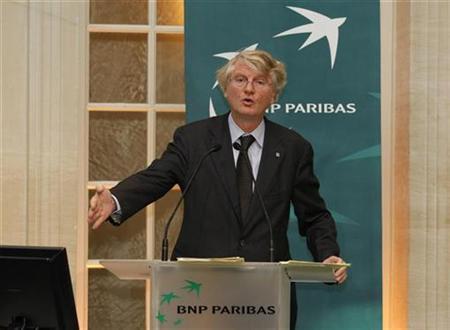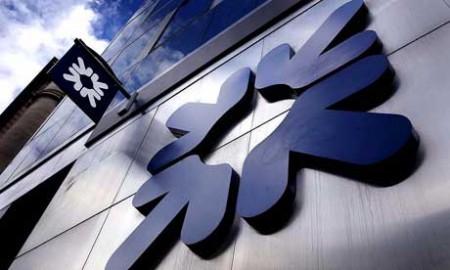Nov. 7 (Bloomberg) — General Motors Corp., seeking federal aid to avoid collapse, said it used $6.9 billion in cash in the third quarter and may fall below the minimum it needs to operate before the end of this year.
GM said it will be near its minimum threshold for operating cash for the remainder of 2008 and will be “significantly short” of that level by the end of June without an improvement in market conditions, a major asset sale or access to new loans or cash support. GM has said it needs at least $11 billion in cash to pay its bills each month.
“GM is making a pretty direct plea for help,” said Pete Hastings, a fixed-income analyst at Morgan Keegan Inc. in Memphis, Tennessee. “The message is, `we’ve done all the things we can do, and we need help.’ And if we don’t get help, fill in the blank.”
Read moreGM Says It May Not Have Enough Cash to Operate This Year

